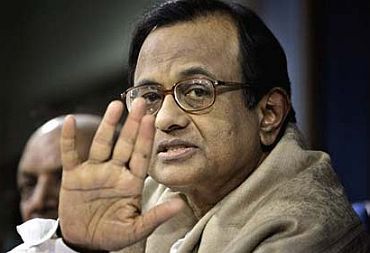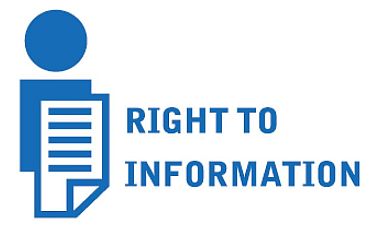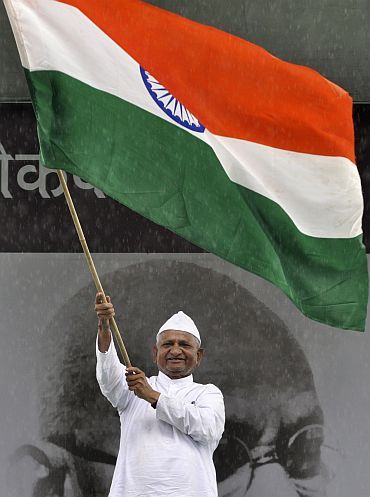 | « Back to article | Print this article |
Pranab refuses to comment on controversial 2G note
"The matter is subjudice. I cannot make any comment on it. The whole matter is under the scrutiny of the Supreme Court of India. We cannot make any comment on any matter that is subjudice," Mukherjee, who is in New York to attend an India-US investor forum, told mediapersons.
Separately, while addressing Indian and American business leaders at a high-profile USIBC roundtable, Mukherjee said the finance ministry letter to the Prime Minister's secretariat is out in the open only due to the Right to Information Act, which is one of the many steps the government has taken to flush out corruption and make governance transparent and accountable.
He said in the recent years, lot of authority has been given to the people of India through the RTI.
Video: Paresh Gandhi/Rediff.com
Please click NEXT to read further...
Pranab dodges question over 'spat' with Chidambaram
"In fact today a sensational news item has come and it is through the exercise of the RTI. A note was sent by minister of finance to prime minister. Somebody demanded through the use of RTI to have the copy of that note from the prime minister's secretariat and... fact of the matter is somebody has produced that as a piece of evidence in a particular case," Mukherjee commented.
He said whether the letter can be used in such a manner or not "is a different story."
A finance ministry document submitted to the Supreme Court in India says the telecom ministry could have gone in for auction of 2G spectrum licenses had the then Finance Minister P Chidambaram insisted on this.
Pranab hails RTI legislation instead
"The point I am trying to make is these are rights of the citizens. Today even an individual citizen can demand what is being written in the file of the government, what notes or instructions the minister is giving or departmental secretary is giving," barring cases involving defence and national security.
"But in all other areas, this right is being very frequently exercised," Mukherjee said.
Mukherjee gave an extensive overview to his audience that comprised corporate honchos from India and the US, of the steps the Indian government has taken to tackle corruption, in the wake of the recent spurt in scams that have launched citizen movements across the country.
'Standing committee may clear Lokpal Bill by next session'
He said the Indian government has been putting into place a number of legislations to "strengthen the system of accountability and transparency both at the legislative and executive level."
He was quick to add that the government has not initiated these measures merely in response to the "agitation" that had engulfed the country but that these were in the works for quiet some time.
"It is not because of the agitation we have initiated these legislations. They were under the domain and under consideration of the government for quiet some time," he said, adding that one of such legislation is the Lokpal Bill which is to create an independent ombudsman having high authority to deal with all cases of allegations of corruption against civil servants, politicians, members of Parliament, ministers and the Prime Minister.
"That legislation is being worked out and is under the consideration of the standing committee. I hope we will get their recommendation in the next session."



